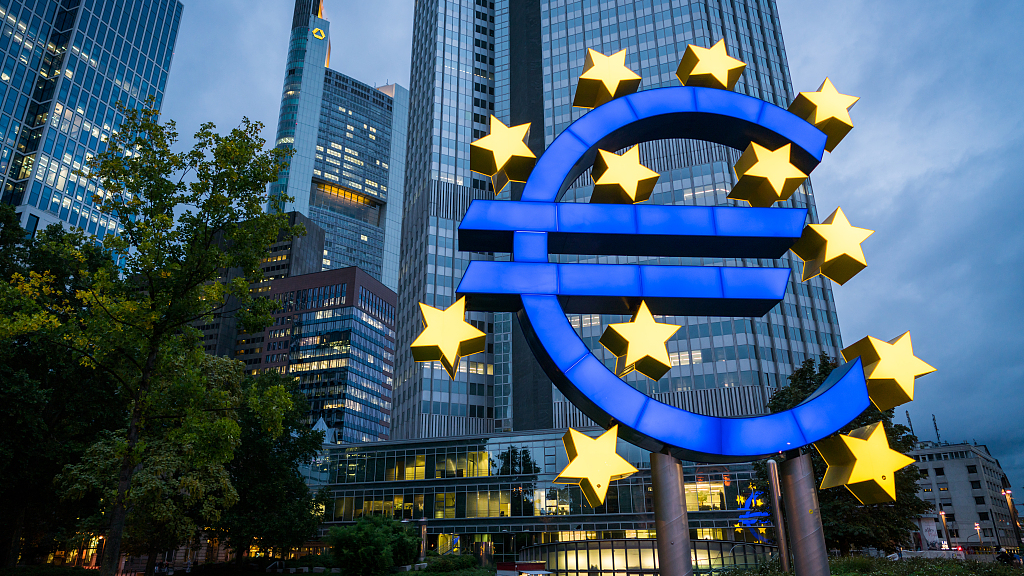The eurozone economy is set for only modest growth next year, despite wages rising faster than inflation for the first time in three years, according to a recent poll of economists.
About Eurozone
- The eurozone, officially known as the euro area, is a geographic and economic region that consists of all the European Union countries that have fully incorporated the euro as their national currency.
- As of January 2023, the eurozone consists of 20 countries in the European Union (EU):
- Austria, Belgium, Croatia, Cyprus, Estonia, Finland, France, Germany, Greece, Ireland, Italy, Latvia, Lithuania, Luxembourg, Malta, Netherlands, Portugal, Slovakia, Slovenia, and Spain.
- Not all European Union nations participate in the eurozone; some opt to use their own currency and maintain their financial independence.
- The European Central Bank (ECB) exercises the sole power to set the monetary policy for the Eurozone countries.
- The ECB exercises the sole authority to decide the printing and minting of euro notes and coins. It also decides the interest rate for the Eurozone.
- The ECBs is headed by a president and a board, comprising the heads of the central banks of the participating nations.
- How do countries join Eurozone?
- In order to join the euro area, EU member states are required to fulfil so-called ‘convergence criteria’ which consists of price stability, sound public finances, the durability of convergence, and exchange rate stability.
- These binding economic and legal conditions were agreed upon in the Maastricht Treaty in 1992 and are also known as ‘Maastricht criteria’.
- All EU Member States, except Denmark, are required to adopt the euro and join the euro area once they are ready to fulfill them.
- The Treaty does not specify a particular timetable for joining the euro area but leaves it to member states to develop their own strategies for meeting the condition for euro adoption.
- The European Commission and the ECB jointly decide whether the conditions are met for euro area candidate countries to adopt the euro.
What is European Union (EU)?
- The EU is a political and economic union of 27 member states located primarily in Europe.
- The EU was established by the Maastricht Treaty, which entered into force on November 1, 1993.
- The main goal of the EU is to promote cooperation and integration among its member states in order to enhance economic and political stability in Europe.
- The EU has its own currency, the Euro, which is used by 19 of the member states.
- It has a single market where goods, services, and capital can move freely.




